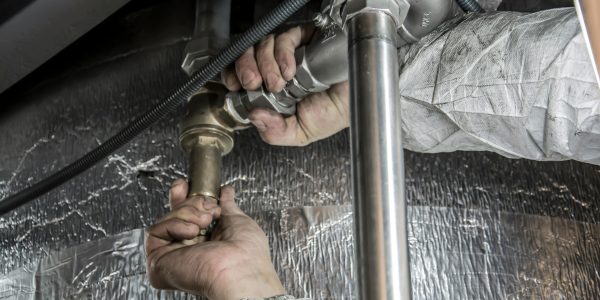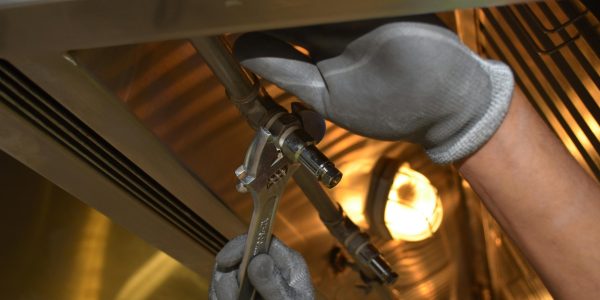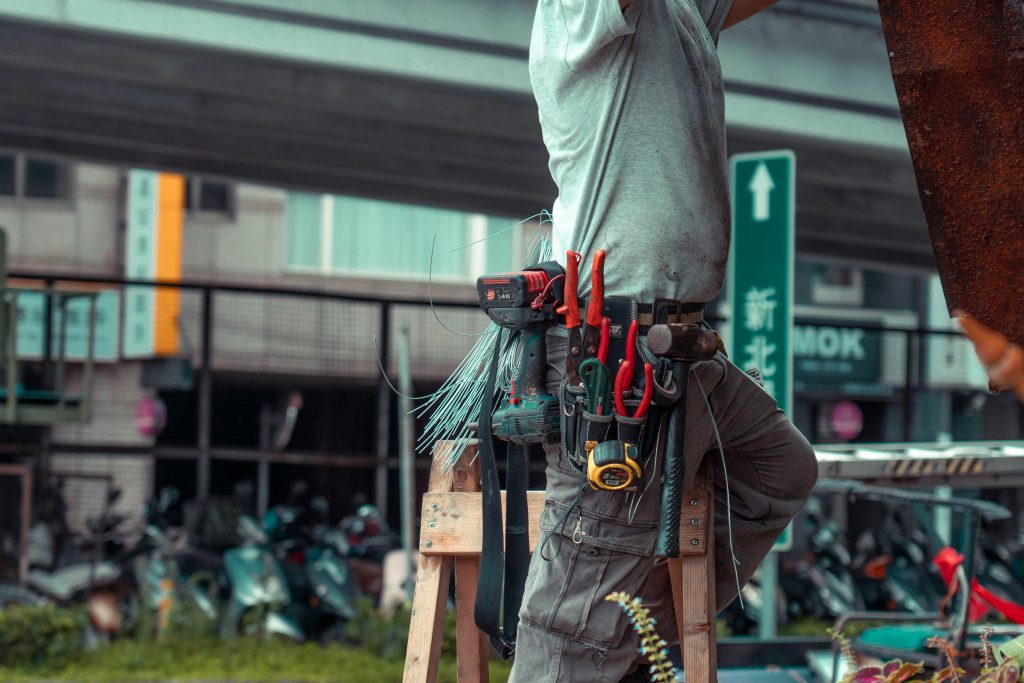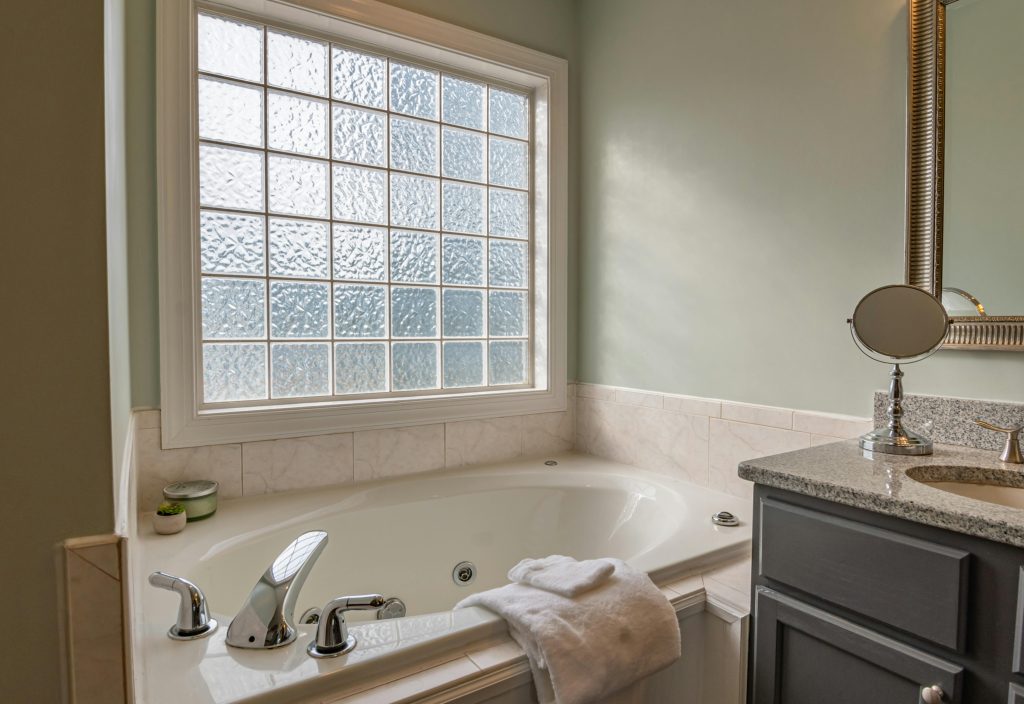Plumbing
Plumbing is an essential aspect of modern civilization, providing the infrastructure for clean water supply, sanitation, and waste management.
Plumbing is an essential aspect of modern civilization, providing the infrastructure for clean water supply, sanitation, and waste management.
Once the gold standard for plumbing, copper pipes are prized for their durability and resistance to corrosion. They are still widely used today, particularly in high-end installations.
PEX is a relatively new type of plastic tubing that has gained popularity for water supply lines. It is flexible, easy to install, and resistant to freezing, making it ideal for both new installations and retrofits.
With increasing awareness of environmental issues, there is a growing demand for water-efficient plumbing fixtures. Low-flow toilets, faucets, and showerheads are designed to minimize water usage without sacrificing performance.
PVC pipes are lightweight, affordable, and easy to install. They are primarily used in drainage and wastewater systems due to their resistance to chemical corrosion and ease of use.
Although less common today, older homes may still have galvanized steel pipes. These pipes were popular in the early 20th century, but they are prone to corrosion and rusting over time.
Traditional water heaters store hot water in a tank, keeping it heated until needed. However, tankless water heaters have gained popularity because they heat water on demand, leading to significant energy savings.



The concept of plumbing dates back to ancient civilizations. Archaeological discoveries reveal that the Indus Valley civilization had advanced drainage systems as early as 4,000 to 3,000 BCE. In ancient Rome, the Romans were known for their sophisticated aqueducts and underground sewer systems. These infrastructures, which provided clean water and managed wastewater, were pivotal in ensuring the health and sustainability of large populations.

Like any other system in a building, plumbing requires regular maintenance to function optimally. Regular inspections can help identify potential problems before they escalate into costly repairs.
Plumbing is one of the most fundamental systems in any building, and its importance cannot be overstated. From providing access to clean water to ensuring the efficient removal of waste, plumbing enables modern society to function smoothly. As we look to the future, the role of plumbing will continue to evolve, with a focus on sustainability, efficiency, and innovation.

